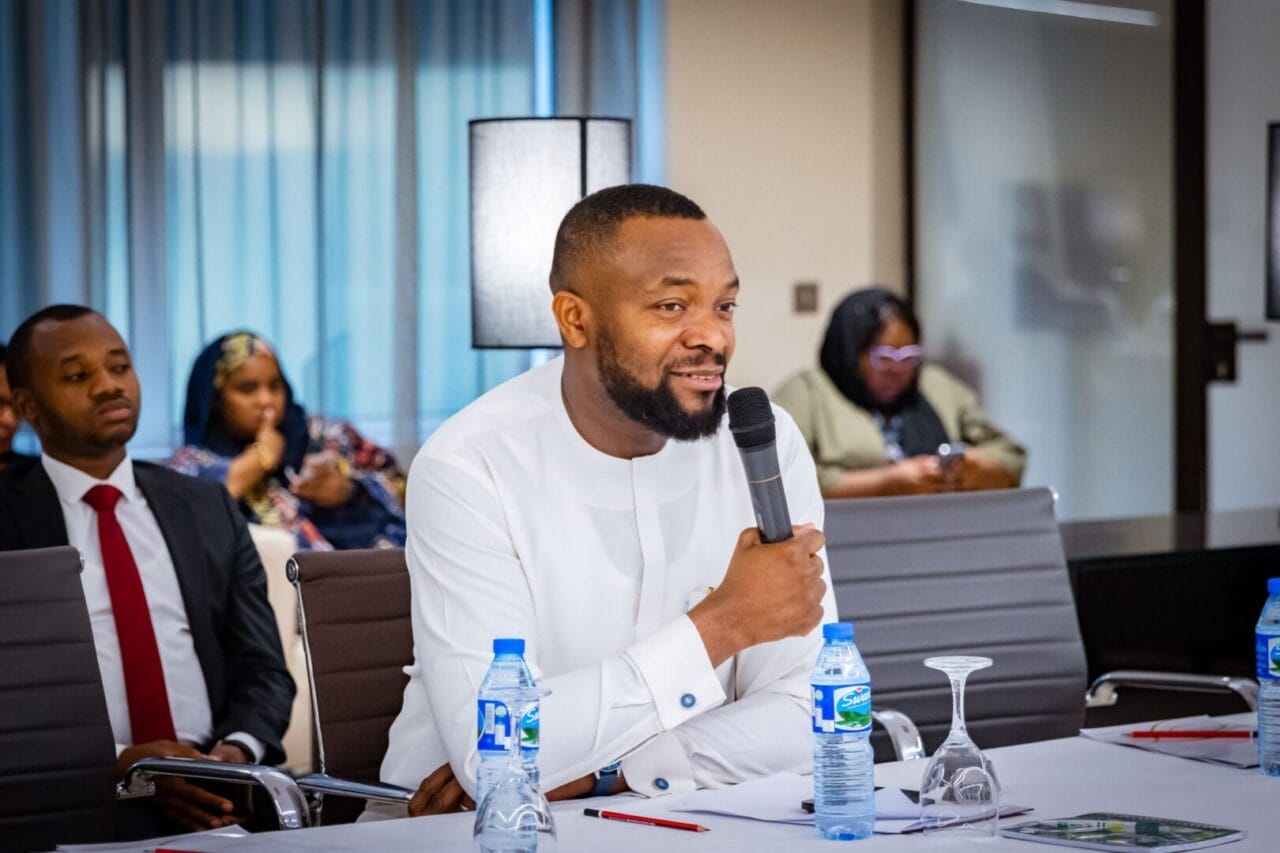
The National Broadband Alliance (NBAN) has been officially inaugurated in Nigeria. This marks a significant step toward improving internet connectivity across the country.
The initiative, launched by the Nigerian Communications Commission (NCC) in Lagos, aims to close the broadband gap. Dr. Aminu Maida, the Executive Vice Chairman of the NCC, described it as a transformative milestone. He emphasized that the alliance would go beyond infrastructure. Instead, it focuses on fostering sustainable growth, social inclusion, and economic transformation.
Why Broadband Matters
Broadband is more than just a communication tool. It is the cornerstone of digital progress. Dr. Maida highlighted its role in driving economic growth, innovation, and improving the quality of life.
He stressed that collaboration is key. Achieving Nigeria’s digital economy goals requires partnerships between the government, private sector, regulators, and civil society. The National Broadband Alliance offers a framework to address challenges like high costs, infrastructure vandalism, and investment barriers.
Maida described this inauguration as a pivotal moment. It will drive job creation, innovation, and social development while tackling key obstacles.
Kaduna State’s Digital Transformation
Kaduna State has taken bold steps to advance digital transformation. Commissioner Patience Fakal described broadband as the backbone of economic growth and innovation. She celebrated the National Broadband Alliance as a critical initiative.
Fakal noted Kaduna’s achievements, including:
- A 30-kilometer active connectivity network.
- A Memorandum of Understanding with Huawei to expand fiber optics.
- The establishment of a new technology city to foster entrepreneurship and job creation.
She expressed Kaduna’s eagerness to collaborate with NBAN to expand broadband access, enhance digital literacy, and improve governance.
Katsina State’s Support
Katsina State also supports the National Broadband Alliance. Naufal Ahmad, Director General of the Katsina ICT Directorate, shared the state’s progress. Over 80% of government offices are now connected through a single-ring network.
Ahmad emphasized the importance of addressing rural broadband challenges. He noted that NBAN would play a crucial role in expanding access in underserved areas.
What You Should Know
The Ministry of Communications, Innovation, and Digital Economy first announced the National Broadband Alliance last year. Its purpose is to stimulate broadband adoption in schools, hospitals, markets, and other public institutions.
The Ministry explained that the alliance aims to:
- Address low broadband usage.
- Foster collaboration for broadband development.
- Improve the return on investment in fiber networks.
This initiative positions Nigeria as a leader in the global digital economy.






